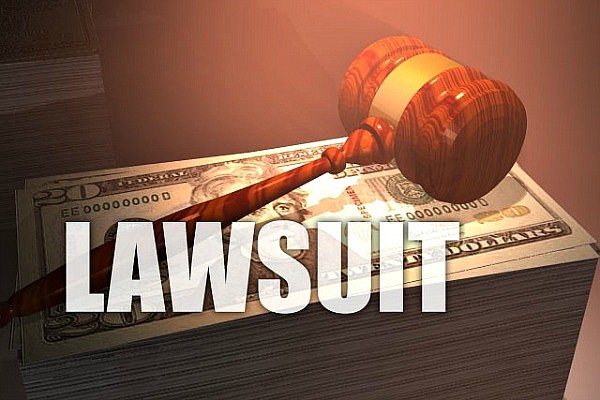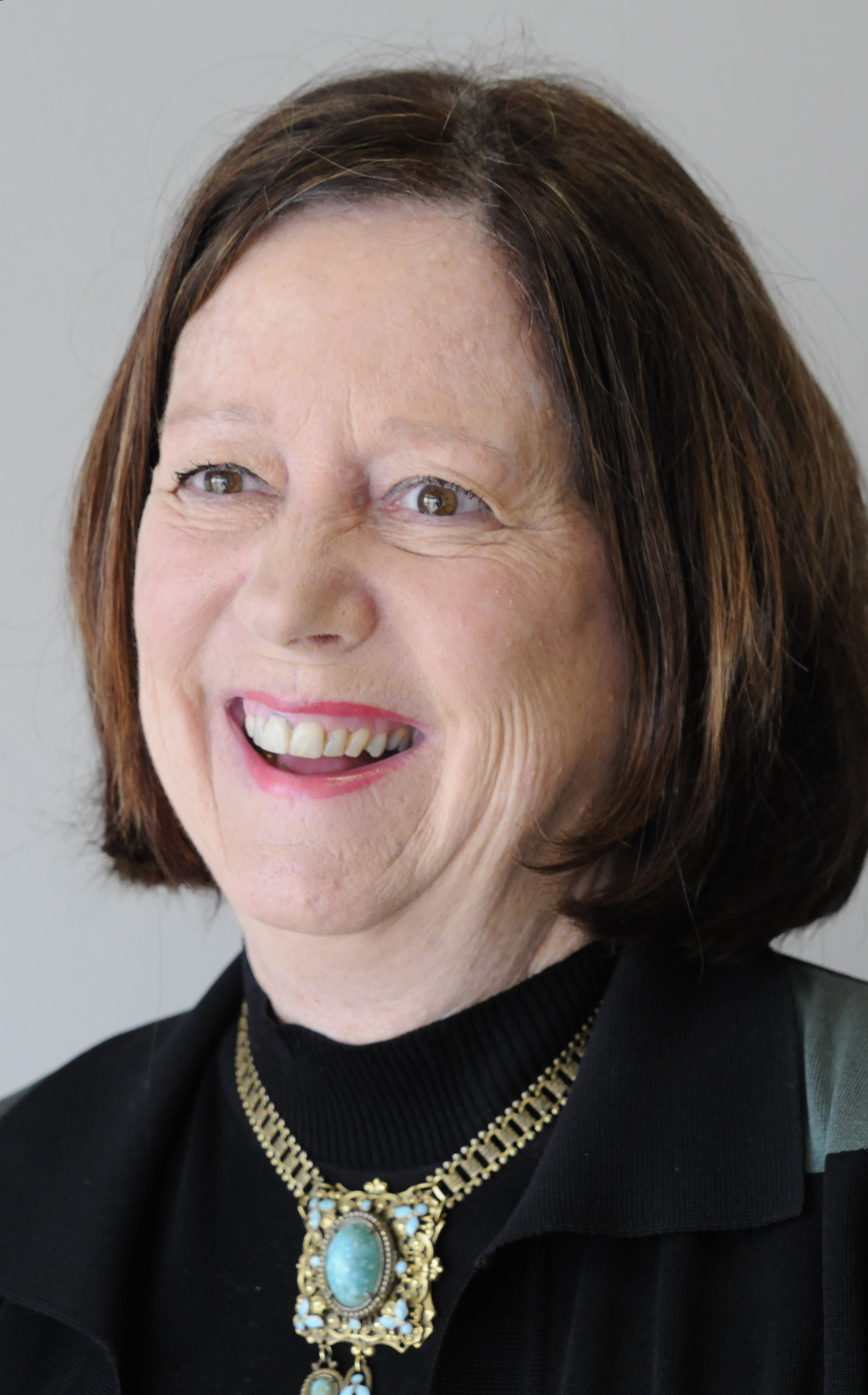A new lawsuit claims that a city board under fire for holding secret meetings has run afoul of Tennessee's Sunshine Law because it again met secretly to discuss how to deal with previous violations.
Government watchdog Helen Burns Sharp, who has been sharply critical of the city's Industrial Development Board, filed the lawsuit in Hamilton County Chancery Court to stop what she called "improper, unauthorized, wrongful, unlawful, arbitrary and capricious actions" relating to the "improper expenditure and allocation funds of public funds."
Tennessee's law prohibits any governmental body from conducting secret votes, secret ballots or roll calls, a prohibition that extends to the IDB. Any action taken secretly, if proved in a court of law, may be rendered void.
Chancellor Frank Brown previously voided the board's award of more than $9 million in taxpayer support to the developers of a golf course community at Aetna Mountain, citing violations of the state's open meetings act and questions about whether the project even qualified for public funds.
The funds are slated to help build a road up Aetna Mountain, which will allow Black Creek Mountain developers to build a $500 million development on one of the last unspoiled mountains in Chattanooga. The project, which is primarily residential, will include a sewer line, which developers say qualifies it as an infrastructure project under state law. Opponents say that the project flies in the face of the law's intent, which was to promote development in blighted areas, not support golf courses and high-end homes.
In response to Brown's ruling, the board held two open meetings in which it publicly reaffirmed its earlier decision with little discussion. But Sharp charged that while the board made a show of holding public meetings, behind the scenes it carried on its controversial policy of privately discussing the disbursement of taxpayer funds on at least two occasions.
Following the first public meeting, the board recessed to an executive session with attorneys, refusing to divulge what conversations took place there or who was present.
"The board perfunctuarily rubber-stamped whatever previously illegal actions were done in February 2013," Sharp charged. "It was quite apparent there was no meeting in compliance with the Sunshine Law requiring deliberations and discussions to be made in public."
The public vote was taken at the request of embattled former city attorney Mike McMahan, who was fingered as the person responsible for violating Tennessee's open meetings law previously. McMahan both advised the IDB and earned a fee from the $9 million bond issue, which Sharp said poses a conflict of interest.
McMahan also attended the board's executive session and emailed members of the board, without providing those documents to the public, Sharp said.
"Someway, somehow, sometime soon, I hope that the City Council and the County Commission will come up with a more deliberate and transparent way of deciding who gets tax breaks," Sharp said.

